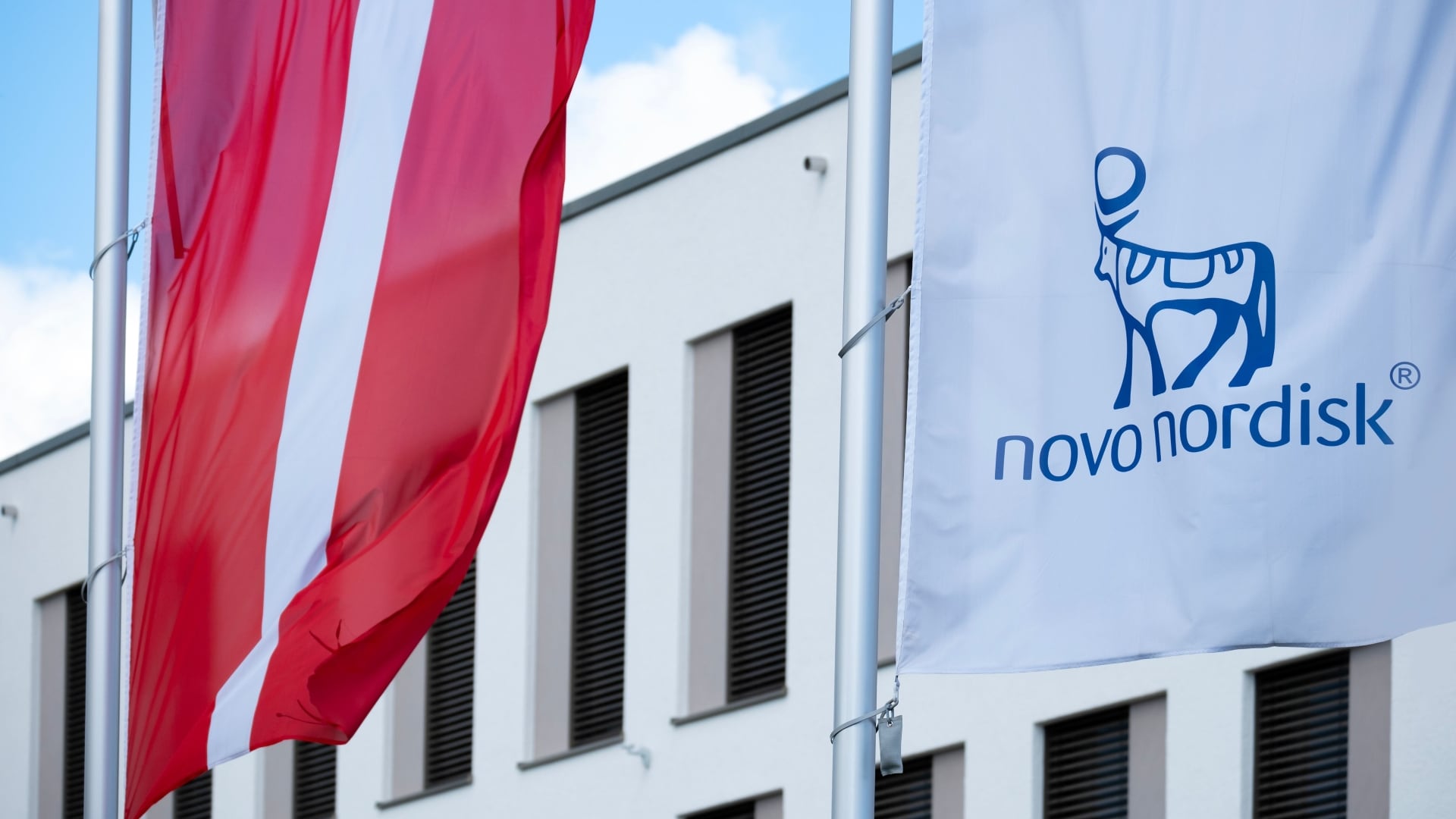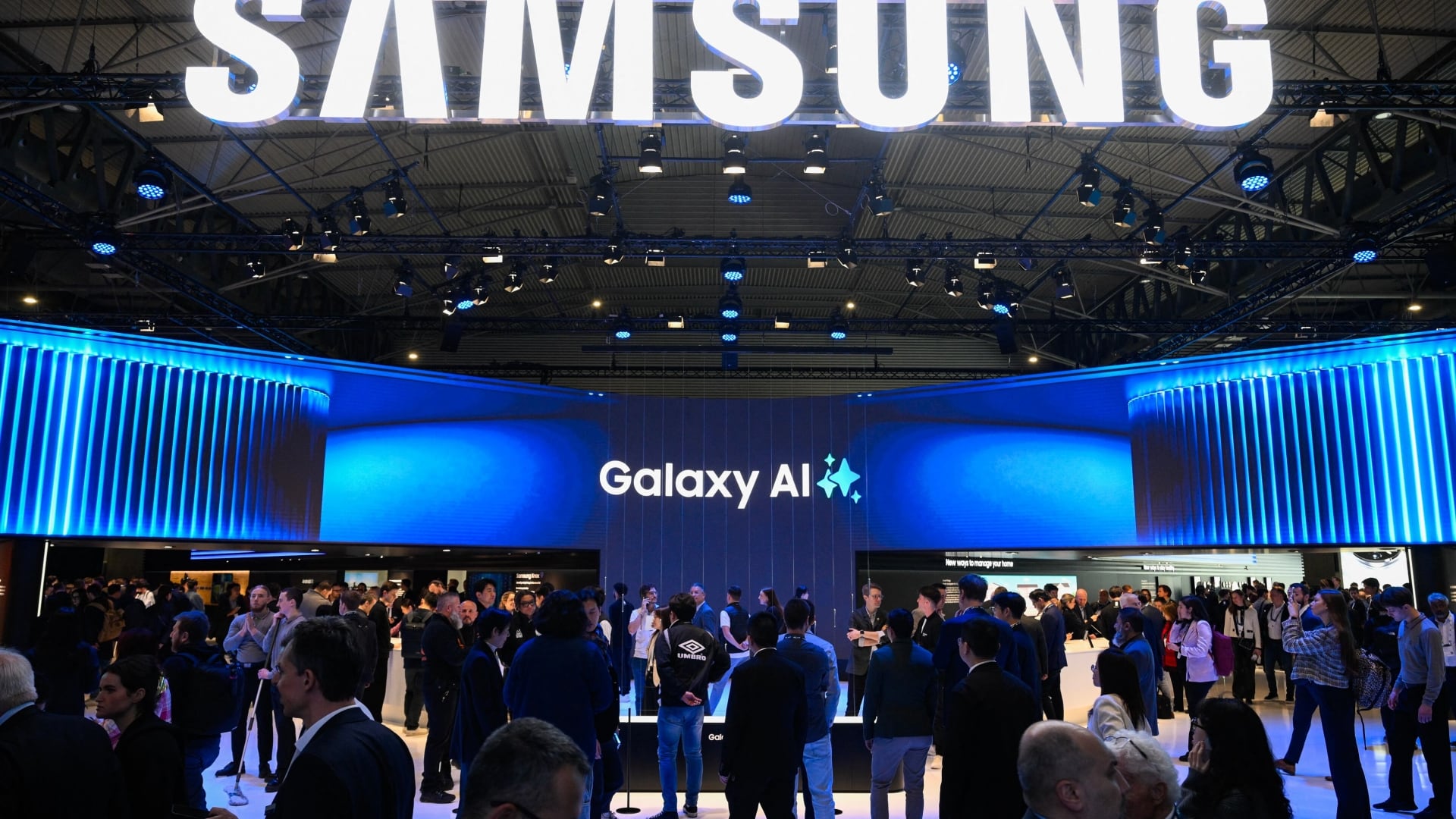*By Chloe Aiello and Alex Heath* Tech giants like Google and Facebook are heavily invested in getting more people online around the world. But the rate of internet growth is actually slowing even as the world's population continues to swell in size. Today, almost half the world's population uses the internet. And as world leaders devise strategies to bring the other half online, they've noticed something surprising: internet uptake is slowing. [According to a new report](https://webfoundation.org/research/the-case-for-the-web/) from the non-profit Web Foundation, internet use was rising by about 12 percent per year from about 2005 to 2014. Since 2015, that's slowed to about 6.5 percent annually. "You expect uptake to increase and then go up quite rapidly, which it's been doing, and then at some point it's going to top off, naturally," Web Foundation CEO Adrian Lovett told Cheddar's Alex Heath at the Web Summit conference in Lisbon, Portugal. "But nobody expects that to happen at about the 50 percent mark." Lovett explained the challenges inherent to the Web Foundation's aim to establish the internet as a public good and a basic right for all. internet tech companies like Google ($GOOGL) and Facebook ($FB are also motivated to expand internet use ー but likely for different reasons. Facebook and Google have gone to serious lengths to connect people in developing countries to the internet. Facebook introduced its limited internet service, Free Basics, only to have it fail spectacularly [in Myanmar.](https://techcrunch.com/2018/05/01/facebook-free-basics-ending-myanmar-internet-org/) and India. Google's Project Loon also uses balloons to bring wireless internet to remote areas. Lovett of the Web Foundation, an organization which was founded by creator of the worldwide web Tim Berners-Lee, offered some theories as to why the rate of internet growth is still declining. "There's an affordability issue, there's a question about skills ... whether people have, particularly women, have the digital literacy needed to engage online, and then there's a question of content online," he said. "We have to make sure that the web ー the experience of using the web ー has some utility, has value to people," he added. Even with all the resources available to internet advocates and tech giants, Lovett emphasized that no one's really sure why internet uptake is slowing. "Truthfully, nobody's quite sure the answer to why," he said. For the full interview with Web Foundation CEO Adrian Lovett, [click here](https://cheddar.com/videos/big-tech-and-the-open-web). For full interview [click here](https://cheddar.com/videos/big-tech-and-the-open-web).












